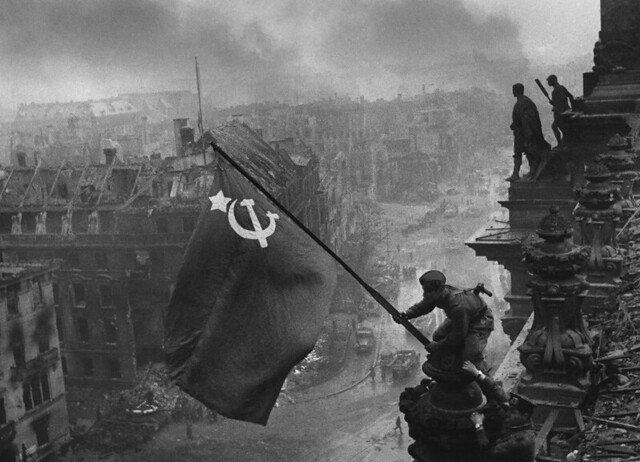
Change is coming to Brexit.
At the end of next week, the UK will leave the European Union, having now completed the passage of the Withdrawal Agreement Bill through the Lords: EU ratification is a given.
But there is another, broader change coming too.
The constellation of politicians, commentators and journalists who were brought together by the 2016 vote is starting to break up.
That’s most obvious in the political sphere. The EU has new Presidents aplenty and the Johnson government seeks to present itself as somehow brand-new, despite being a party of power for the past decade.
We can see it elsewhere too: Peter Foster – one of the preeminent media analysts – is on the move to the FT; @BorderIrish is hanging up its boots on Friday (possibly having made a fortune with its excellent tome). And I notice plenty of others online who seem to be winding things down or looking to pastures new.
That’s logical. The act of withdrawing from the EU will be a fundamental change; one that is irreversible. From here on, there can be no pretence (or vain hope) that things can go back to how they were.
And in all this, we have to remember that Brexit is very much not ‘done’.
Brrrrr
Which prompts an odd (for me, at least) thought: maybe we might think of this in an analogous (if very imperfect) way to the Cold War.*
The convention is to bracket the Second World War into the 1939-45 period, already neglecting the conflicts either side that existed outside of Europe, but we can also place it into a much longer era of tensions, both explicit and implicit.
The war obviously connects to the First World War, with the narrative of betrayal being used to frame the changing power balance in the continent, a change that then runs (in a very different way) from the fall of Berlin to the fall of the Berlin Wall, four decades later.
And even then, it’s clear that balance continues to change to this day, with Russia’s (and America’s) uncertainty and the distant haze of a Chinese dawn.
History is a stream, into which we dip from time to time, and our efforts to contain and compartmentalise it are necessarily imperfect. Indeed, it is precisely such efforts that mark our present situation.
And so I come back to a representation of the Cold War that happens to serve a contemporary structure of politics.
In 1945, there were victors and losers. There were celebrations, but ones tempered by the cost of achieving dominance.
And even before that victory came, there were divisions and rivalries, as the victors found that having a common enemy didn’t mean having a common agenda. Indeed, some of the former enemies turned out to be the staunchest supporters of both the new rival camps.
The recontextualisation of politics, in the shadow of the Bomb and of the Holocaust, was profound and irreversible too.
Badoom
And this is the key point. Politics does not stop.
All of the issues and problems that have been raised in and around Brexit these past years are not now suddenly solved and put behind us. Instead, they are still present, still urgent, still (largely) unanswered.
As we move into this new – and much, much longer – phase of Brexit, we might do well to remember this. Practically, we might usefully try to gather the insight of those who have done their Brexit time, so that the numerous wheels do not have to be reinvented once again.
If this sounds downbeat, then it’s because I feel rather downbeat. Not for the decision to leave per se – although it’s not one I voted for – but for the manner of how it proceeds.
At the risk of sounding like a scratched record (kids, ask an old person), the singular failure to build a consensus around any positive national project that is made possible by Brexit ranks at the top of my list of “why this will not end well.”
So as we move towards another day in history when everything changes, and yet nothing changes, we might start to work on how we are going to deal with, and shape, this new world around us.
* – one very obvious way it’s imperfect is that there aren’t necessarily the same number or arrangement of actors; i.e. no one is a Nazi or a Communist (or an American or Brit for that matter) in this, before we all go silly.
